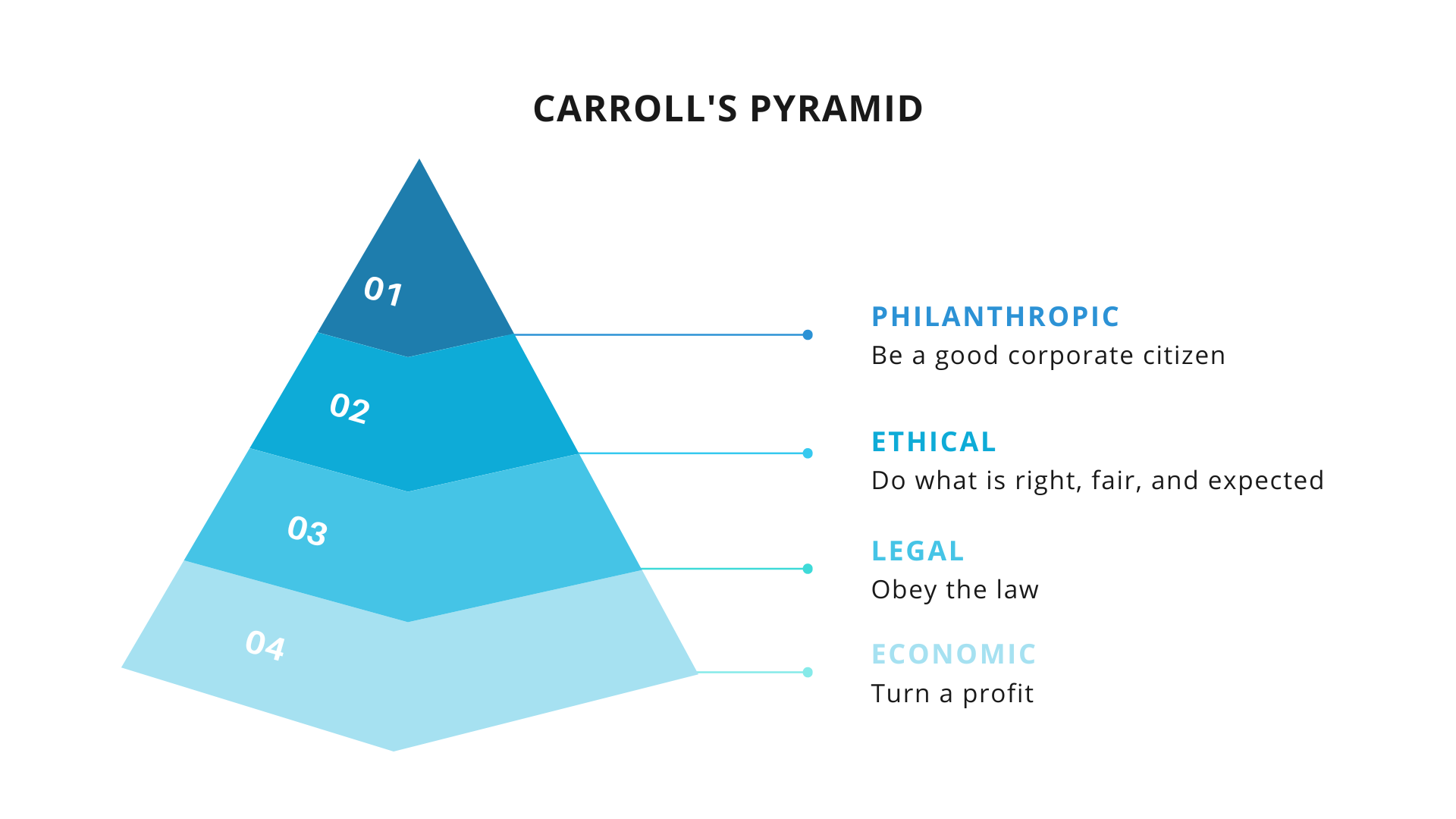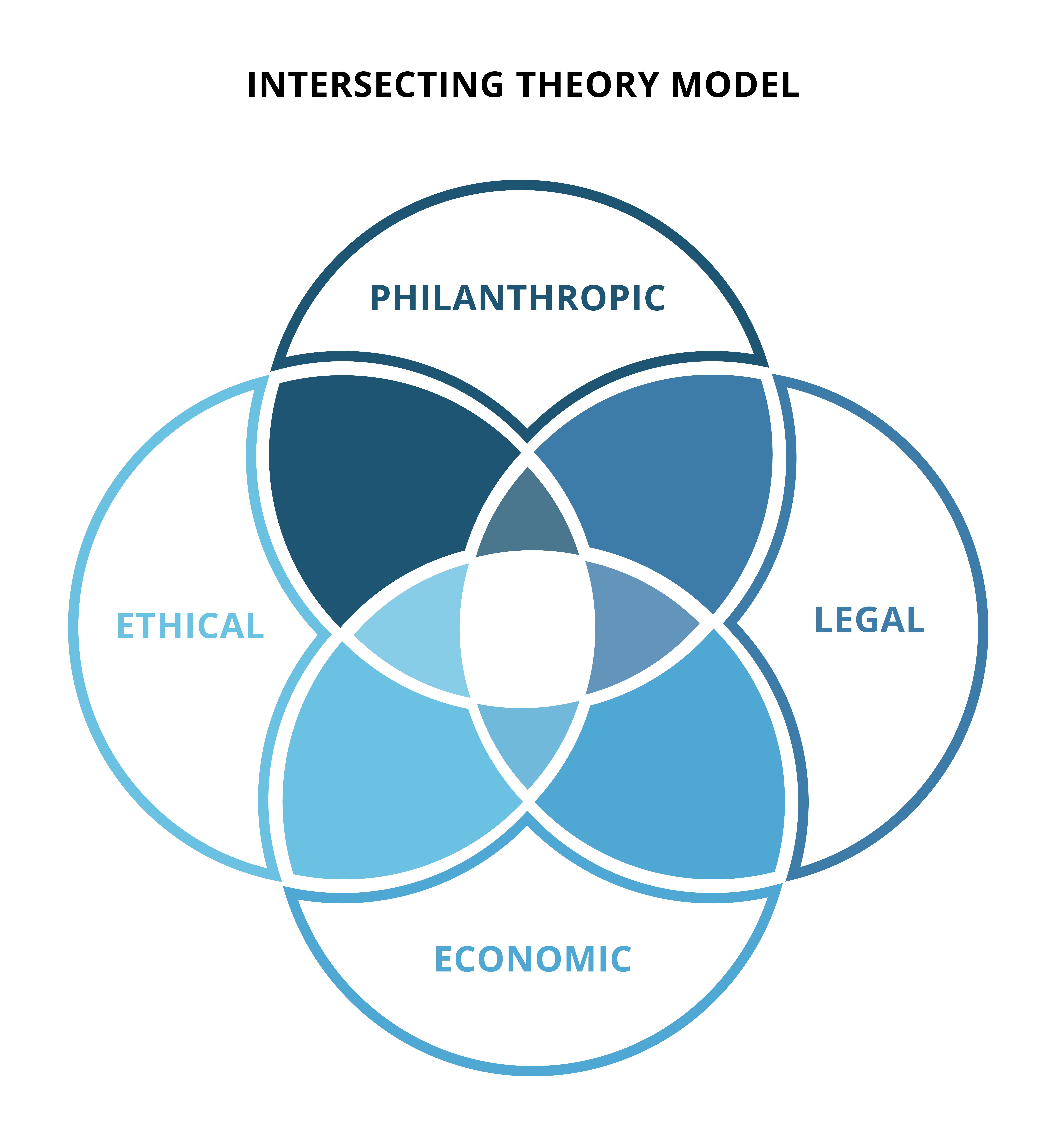
I head up the Leadership Assessment and Executive Search Practices at Gibson Watts, a privately owned, global talent advisory delivering leadership assessment, executive search and professional recruitment services into the Cleantech sector. The Cleantech sector refers to technology that reduces or avoids harm to the environment, for example, renewable energy technologies (Cambridge Dictionary, 2022). Founded in early 2022, our mission is to build diverse and world-class leadership teams for organisations globally. We connect forward-thinking businesses to their future leaders, delivering tomorrow’s change.
A new report from ELE Global found that only 31% of UK firms are working on corporate responsibility-focused issues, with less than a quarter stating that ‘purpose’ is directly linked to their identity, strategic planning and growth. Yet, according to a meta-analysis conducted by Oduro et al, proactive Corporate Social Responsibility (CSR) is associated with an improvement in a firm’s financial performance. This is just one of the reasons why your start-up business needs to implement a CSR strategy from day 1!
So, why does CSR matter to your organisation or even your industry?
A CSR strategy can be an opportunity, but without one, it is a threat and a weakness. According to Deloitte employees, millennials and Gen Z are more likely to join companies that work toward addressing social concerns. Investors are now looking at a company's CSR strategy while screening for potential investments. According to a survey conducted by DeVere Group, a British advisory firm, CSR plans topped traditional factors such as anticipated returns, past performance, risk tolerance, etc., when making investment decisions. These factors show the importance of a robust CSR strategy for internal and external competitive advantages.
This blog will explain the concept of a CSR strategy and its benefits for businesses, helping you put in place a strategy that can drive positive change for your organisation and society.
Bringing CSR to SMEs and Start-Ups
Small-to-medium enterprises (SMEs) make up 99% of all businesses in the EU (European Commission, 2022), but these organisations have limited resources (financial and physical) and need to consider what initiatives they back and how to implement a CSR Strategy. According to a recent article by Harvard Business Review, companies who do not act risk losing investment opportunities, market share, current and future employees, and run the risk of getting left behind. So, no matter what size your organisation is, it will benefit from having a considered CSR plan.
According to Parker, monetary incentives do not solely drive employees. Instead, organisations should create a CSR strategy, aligning with individuals' intrinsic and prosocial needs. This will drive recruitment, employee retention, investment, and prospective customers, all whilst providing a competitive advantage.
The pandemic, racial injustices and political upheaval are on the minds of many, and employees are looking for jobs that contribute to the greater good. In fact, 75% of millennials would take a pay cut to work for a socially responsible company (Forbes, 2019). Research shows that putting money towards improving society rather than padding employee pay cheques actually increases productivity and retention. You might think that start-ups do not have the time or budget for CSR activities but being socially responsible does not have to be all-consuming.
The key to CSR adoption is to start small. One way to approach this is to list all the activities your business already does, then ask yourself how to convert them into more environmentally or socially responsible ones. Here are a few questions that can jumpstart your thinking:
- How can we alter our benefits structure to be more socially responsible?
- What is our environmental footprint, and how can we decrease it?
- Can our product or people benefit the local community?
- Are there non-profits we can partner with?
CSR Theory and a little plan
CSR is a self-regulating business strategy that helps companies to be socially responsible and accountable to their stakeholders and to the public. Several CSR models have been formulated over the years. There are several commonly used models such as The Stakeholder Theories, The Triple Bottom Line Theory, The Carroll Theory, and others like Geva's Intersecting Theory Model. For the purpose of this article, I will focus on Carroll’s pyramid and Geva’s intersecting circle model.

Figure 1. Carroll’s pyramid (1991)
With Carroll’s pyramid (see above) there are four kinds of social responsibilities that constitute the concept of CSR: economic, legal, ethical and philanthropic. The pyramid is used to show the different responsibilities of a business in the order of decreasing importance. According to Visser, to maximize the benefits of CSR, businesses need to consider the needs of the surrounding society and thus implement projects that are appropriate to it.
I find this model too simple. It appears to suggest that these endeavours are done in stages, instead of multiple initiatives launched simultaneously, thus not considering the interrelationships between each ‘stage’. Instead, I prefer to use the Intersecting Theory Model by Geva (see figure 2 below).

Figure 2. Geva’s Intersecting Model (2008)
This model states that different responsibilities are in dynamic interplay with each other and that there is not a hierarchical order of importance. The main idea of the model is that no responsibility is more important than the other, rather everything is a social creation and the existence of everything depends on the willingness of society to support them. This is not a wishy-washy or liberal statement, but instead try to align one’s initiatives to the ecosystem for which your organisation is involved in.
The implementation of either of these models can be broken down into two areas: internal and external. Companies must look to introduce processes, policies, initiatives and standards, internally, that touch on all aspects of the models; ethical, legal, economic and philanthropic. They must then do the same externally, producing transparent financial reporting, sponsoring community or social activities and look to ensure they are carbon-free across their product range and/or services.
Think about the key elements of what constitutes a CSR policy or initiative, is it economic? Legal? Ethical? Or Philanthropic? What can your business do in these areas that may improve employee retention? Or make your organisation more attractive to a different demographic? What initiatives can be kickstarted that customers, or investors, would think positively about? These gestures don’t need to be costly, they might simply be a commitment of time, such as supporting employees to volunteer or mentor others. It’s about impact and being aligned to the organisation’s mission, vision and values.
Examples include the likes of Salesforce with their 1-1-1 philanthropic model, which involves giving one percent of the product, one percent of equity, and one percent of employees’ time to communities and the non-profit sectors. Or Coca-Cola, with the 5*20 Program, focusing on employing 5 million women in developing countries by the year 2020 in their bottling and distribution roles.
Morality in the economic world is now about organisations responding to a broad range of obligations, ones extending through the town where the business is located and then out into surrounding communities and through society generally. This is an opportunity for businesses to connect locally and internationally, with the ambition to achieve something bigger than revenue and profits - these will undoubtedly follow once a CSR plan is installed.
If you need any assistance with your CSR strategy, please contact a member of our team today to see how we can help.

